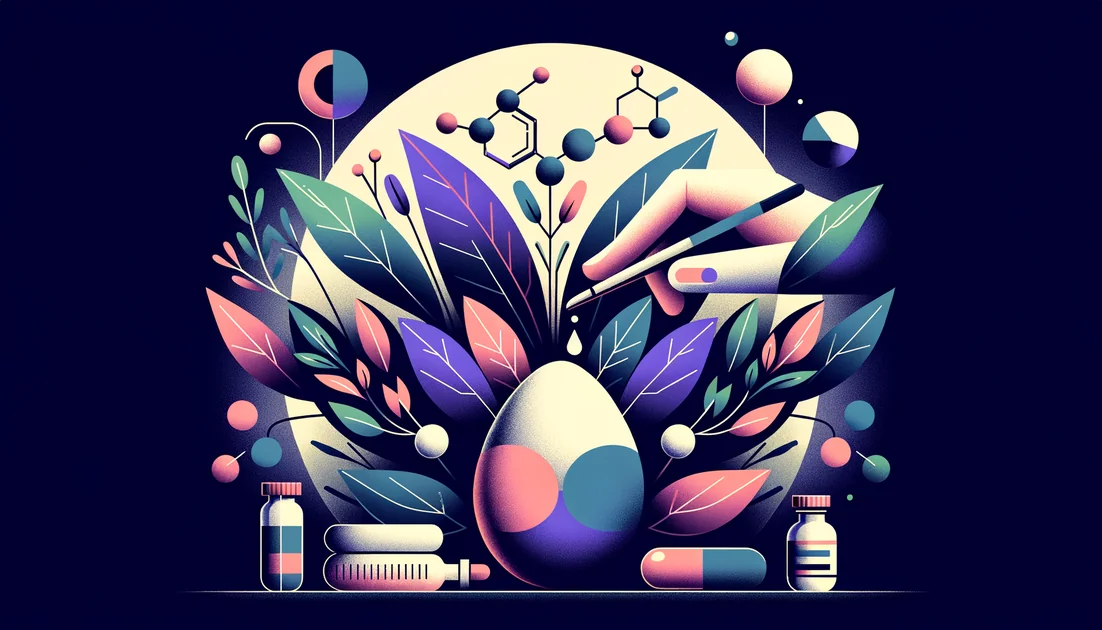
The Beauty Vitamin's Double Life: From Egg-White Injury to Lab-Test Trickster
You pop a "hair, skin, and nails" gummy before work. Hours later, a friend rushes to an ER with chest pain. The paradox no one expects: the same vitamin that beautifies Instagram feeds can, in high doses, hide a heart attack on a blood test. How did biotin end up with this double life? [6][9][10]
- Evidence
- Emerging
- Immediate Effect
- No → Nails: ~2–4 months; Hair: ~3–6 months (if deficiency-related).
- Wears Off
- Nail improvements may fade ~10 weeks after stopping, per older clinical observations.
The vitamin with too many names—and a mystery it solved
Before biotin was a beauty aisle staple, it was a puzzle. In the 1920s and '30s, animals fed raw egg whites developed a strange syndrome—rash, hair loss, staggering gait. Scientists called it "egg-white injury." The culprit wasn't poison; it was absence. Egg whites contain avidin, a protein that grips biotin so tightly that animals starved for it despite eating plenty. Heating broke the grip; symptoms vanished. Biochemists Esmond Snell and colleagues isolated the biotin-binding protein in 1940–41 and named it "avidin"—hungry for biotin. [2][3] On the human side, early wartime clinicians reported patients who lived on raw egg whites, developed scaly dermatitis and fatigue, and then dramatically improved when given biotin. The cure confirmed the cause. [4] Why "vitamin H"? Hungarian-American pediatrician Paul György first used H for the German words Haar and Haut—hair and skin—before scientists unified the parallel discoveries (vitamin H, biotin, and "coenzyme R") under a single name. [5]
What biotin actually does
Under the microscope, biotin is less a "beauty vitamin" and more a toolbelt clip for metabolic enzymes. Four carboxylases depend on it to shuttle carbon fragments, helping you burn fuel, build fats for cell membranes and skin, and keep certain amino acids from piling up. Without biotin, these cellular "assembly lines" sputter; with it, they hum. [1][7]
The lab-test plot twist
Decades later, biotin met another protein: streptavidin. Their lock-and-key affinity became the backbone of many hospital immunoassays. Add too much biotin from supplements and the key jams the lock, causing some tests to read falsely high or low. The FDA has warned that interference can skew thyroid panels, cancer markers, and especially troponin—the protein used to detect heart attacks. As FDA diagnostics chief Tim Stenzel put it, "biotin..interferes with certain diagnostic tests..which may lead to missed diagnoses." [6][9] This isn't theoretical. The FDA has received reports—including a death—linked to troponin tests reading falsely low in people taking high-dose biotin. Some troponin assays are now engineered to resist interference; others still list a risk. [10][12][9] Thyroid tests can mislead, too. The American Thyroid Association advises stopping biotin for at least 3–5 days before testing. Experimental studies show that 5–10 mg/day—a common over-the-counter dose—can nudge thyroid measurements for hours to a day or two, depending on the platform. [8][11]
Does biotin grow hair and nails?
Here's where evidence and expectation diverge. For brittle nails, older small studies—some uncontrolled—found thicker, less split nails after months of 2.5 mg/day biotin; one modern randomized study hinted that adding 10 mg/day biotin to a chitosan nail lacquer improved outcomes versus lacquer alone. Promising, but small and not definitive. [12][13] For hair in otherwise healthy people, systematic reviews keep arriving at the same conclusion: unless there's a true deficiency or a specific condition, biotin hasn't shown clear benefit in rigorous trials. A 2017 review tallied improvements mostly in patients with underlying disorders; a 2024 review found only three controlled studies, with the best one showing no difference between biotin and placebo. [14][15] Dermatologists increasingly level with patients. "There has really been no evidence that biotin helps hair growth..[and] it does interfere with thyroid testing," one Northwestern Medicine dermatologist told listeners, steering them toward proven options while checking for iron, thyroid, or other causes first. [22]
Where biotin is undeniably lifesaving
Some people can't recycle biotin. In the inherited condition biotinidase deficiency, the vitamin stays stuck to proteins and can't be reused. The results—seizures, hearing loss, rashes—can be devastating, yet a simple fix exists: lifelong biotin. Newborn screening has turned this into one of medicine's quiet success stories; adolescents and adults identified early do remarkably well. As geneticist Barry Wolf likes to say, "If you have to have an inherited metabolic disease, this is the one to have." [16][17]
The high-dose detour in multiple sclerosis
A compelling idea emerged a decade ago: flood neurons with biotin to supercharge energy and myelin repair in progressive multiple sclerosis. Early results sparked hope; the large SPI2 trial did not confirm benefit and highlighted the very real lab-interference downside at those doses. High-dose biotin is not recommended for progressive MS. [18]
Food, microbes, and a quieter frontier
Most adults meet the 30-microgram Adequate Intake through food—egg yolks, nuts, legumes, liver—and frank deficiency is rare. Yet biotin biology still surprises. Your gut microbes contribute to circulating biotin; when researchers transplanted different human microbiotas into mice, the animals' blood biotin reflected the donors' biotin-producing capacity, and bariatric surgery in humans tracked with higher serum biotin and more biotin-producing bacteria. In mice, biotin scarcity plus antibiotic-driven dysbiosis even triggered reversible hair loss. These are early windows into how diet, microbes, and vitamins intertwine. [1][19][21]
Practical wisdom for health-conscious readers
If you're taking biotin for beauty, set expectations. Nails may respond after 2–4 months in some people with brittle nail syndrome; benefits generally require continued use and can fade about 10 weeks after stopping. Hair benefits are uncertain without deficiency; start by checking ferritin, thyroid, and overall nutrition. [12][13][14][15] Above all, tell clinicians about biotin before bloodwork. Pause it for several days ahead of thyroid, troponin, or thyroglobulin testing—or as your lab advises—so the vitamin doesn't play tricks on the readout. Surveys suggest a nontrivial share of emergency patients have enough circulating biotin to matter, and many don't realize their "hair vitamin" contains it. [8][20] The story of biotin spans the kitchen, the clinic, and the lab bench. It solved a deficiency born from raw eggs, rescues infants with a rare enzyme glitch, and—ironically—can mislead our most modern diagnostics. The lesson isn't fear; it's respect for a small molecule's outsized role. Vitamins don't just feed us. They write subplots into our tests, our microbes, and our lives. [2][6][19]
Key takeaways
- •Raw egg whites contain avidin, which binds biotin tightly; heating denatures avidin and restores biotin availability.
- •Most adults meet the Adequate Intake (~30 mcg/day) from food, while cosmetic supplements often deliver 2.5–10 mg/day—far above typical needs.
- •Clinical signals for beauty are mixed: modest benefit for brittle nails over months; no robust hair effects in healthy adults.
- •High-dose biotin can interfere with immunoassays, notably troponin and some thyroid/thyroglobulin tests—always disclose use.
- •Pause biotin 2–5 days before relevant bloodwork (confirm with your clinician/lab), then resume afterward.
- •Who may benefit: confirmed deficiency, brittle nail syndrome (3–4-month trial), biotinidase deficiency (lifelong therapy); post-bariatric patients should follow multivitamin protocols, not megadoses.
You might also like
Explore more of our evidence-led investigations, comparisons, and guides across every article style.

Double Wood Supplements
The Paradox: A transparency-forward supplement brand with uneven third-party verification and compliance signals
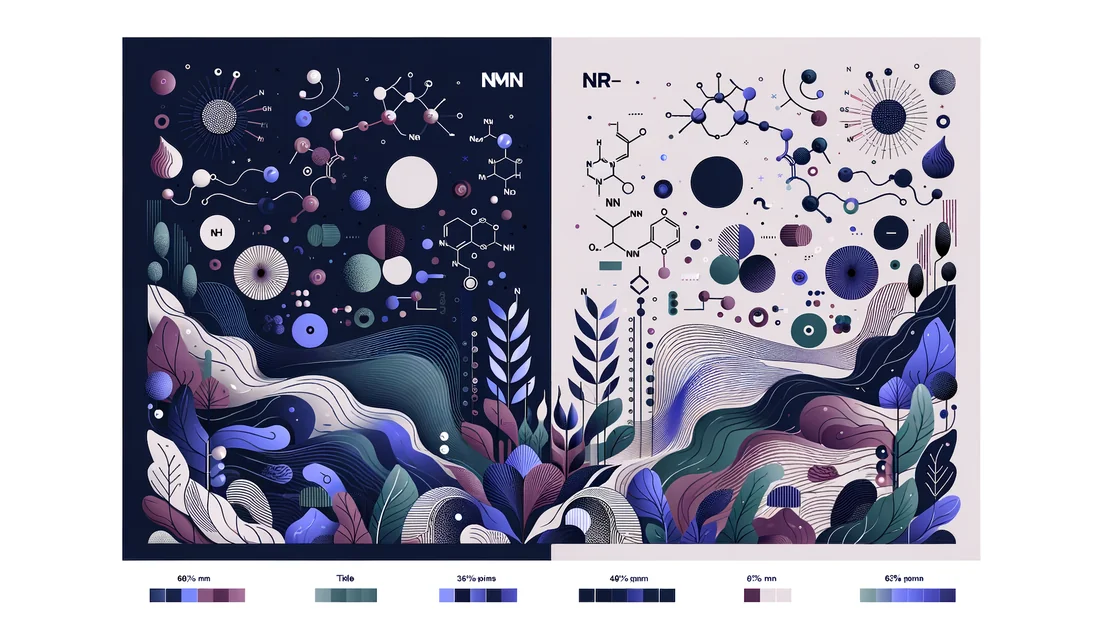
β-Nicotinamide Mononucleotide (NMN) vs Nicotinamide Riboside (NR, as NR chloride)
If you want the most standardized, widely available NAD+ booster with strong human data on NAD+ raising and safety, choose NR. If you're working with a clinician or enrolling in NMN trials, pharmaceutical-grade NMN can also raise NAD+, but retail NMN faces regulatory and quality issues. [1][2][5][8][11][13][14][16]
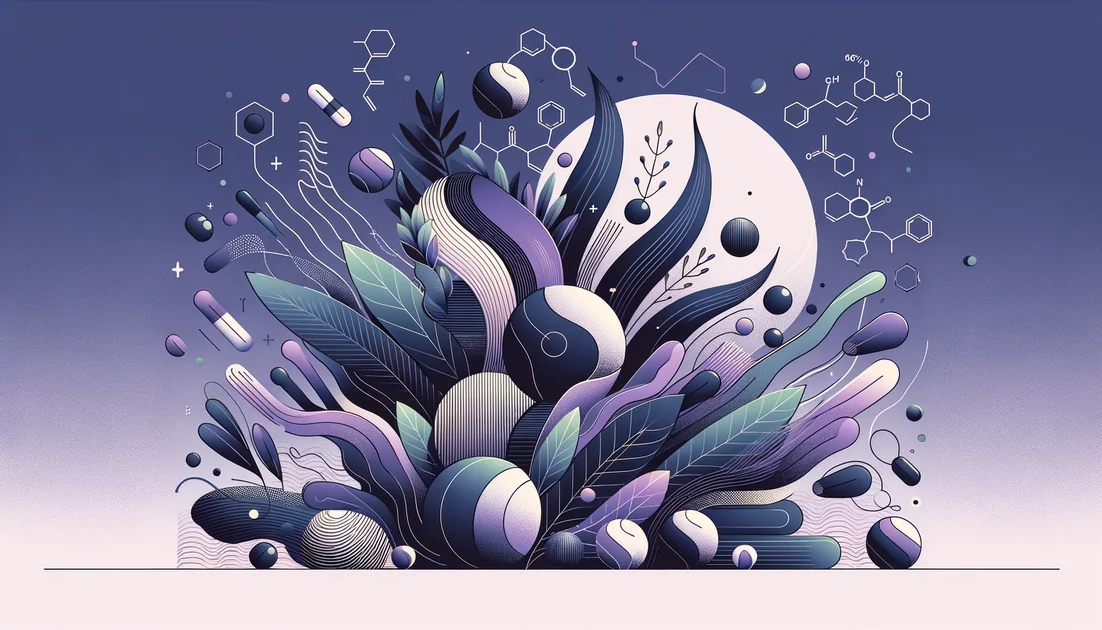
Best for focus
L-theanine (100–200 mg) + caffeine (40–160 mg)
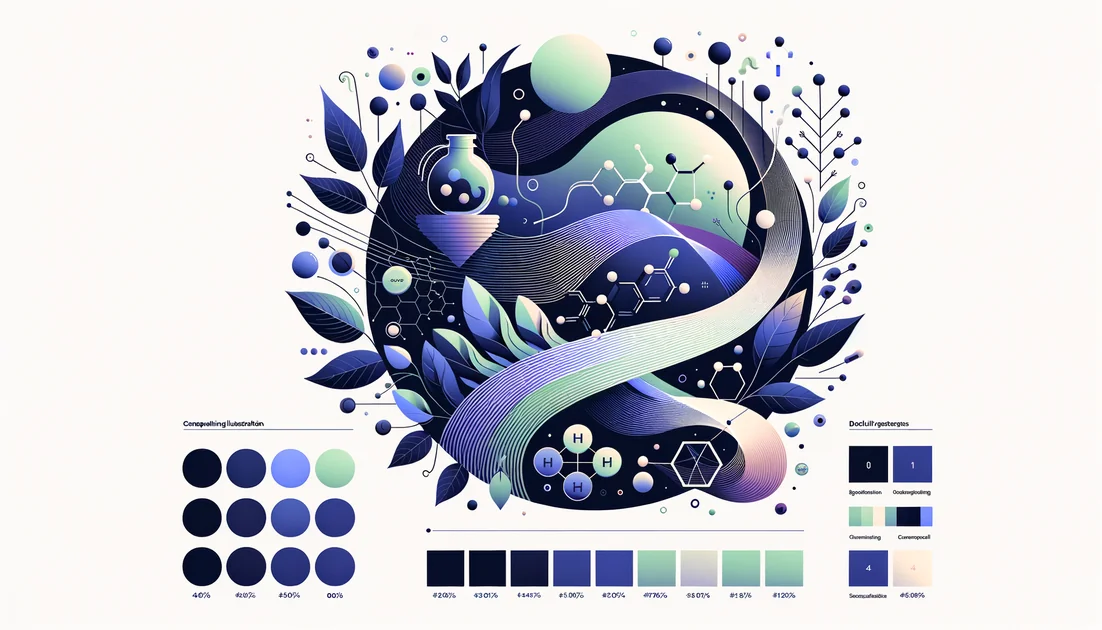
Nettle Root (Urtica dioica radix)
You're up again at 2:17 a.m.—third trip to the bathroom—when you remember the prickly weed that once stung your ankles. Its root, oddly enough, is where many men now look for a quieter night.
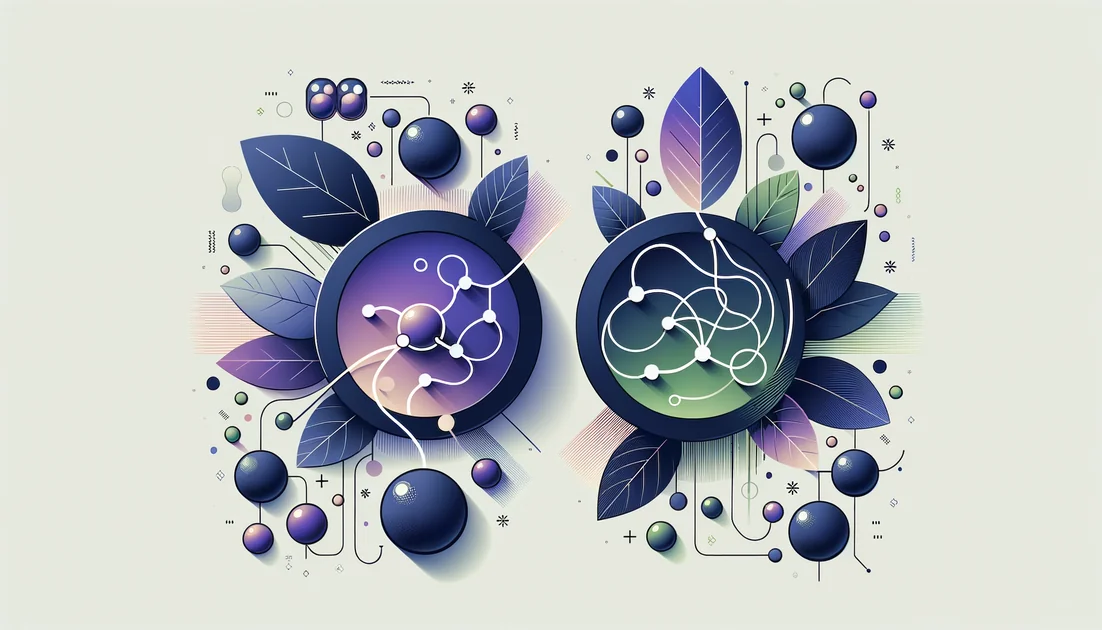

Tocotrienols
The stealthier cousins of vitamin E—built with springy tails that move differently in cell membranes and behave differently in your body.


